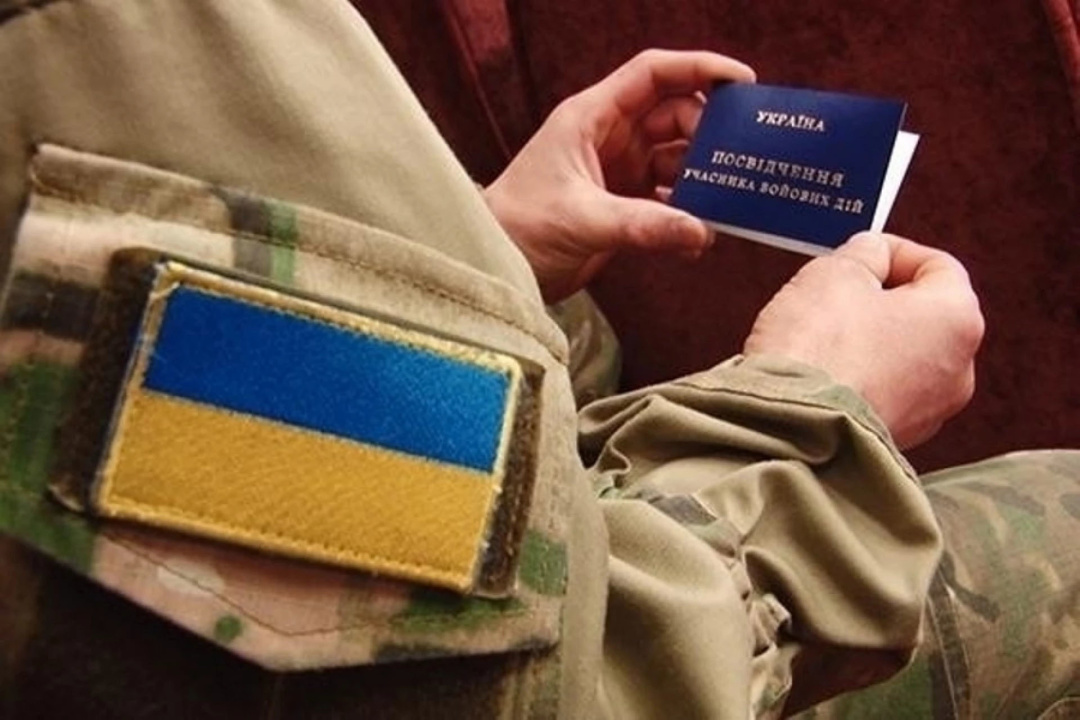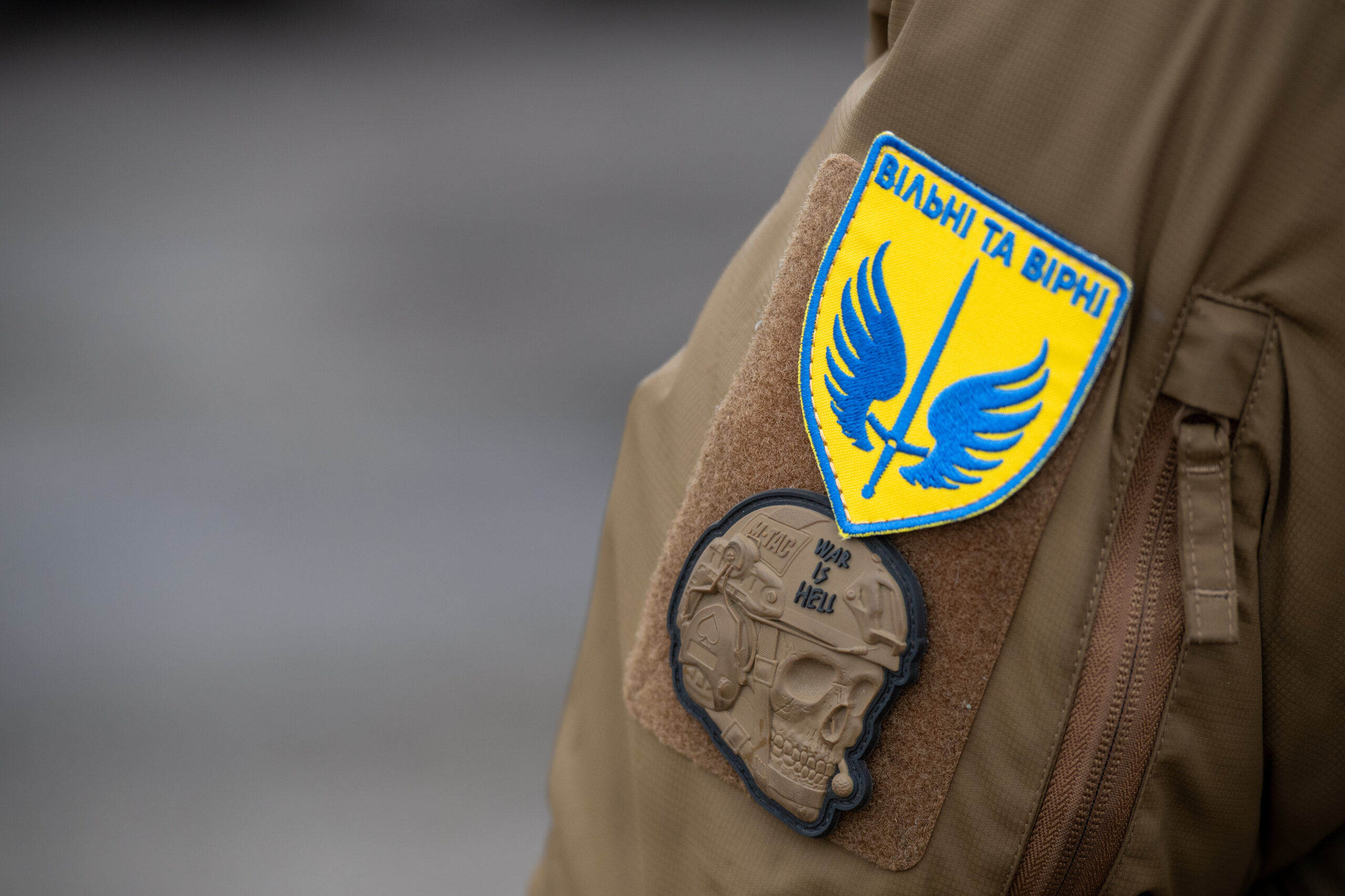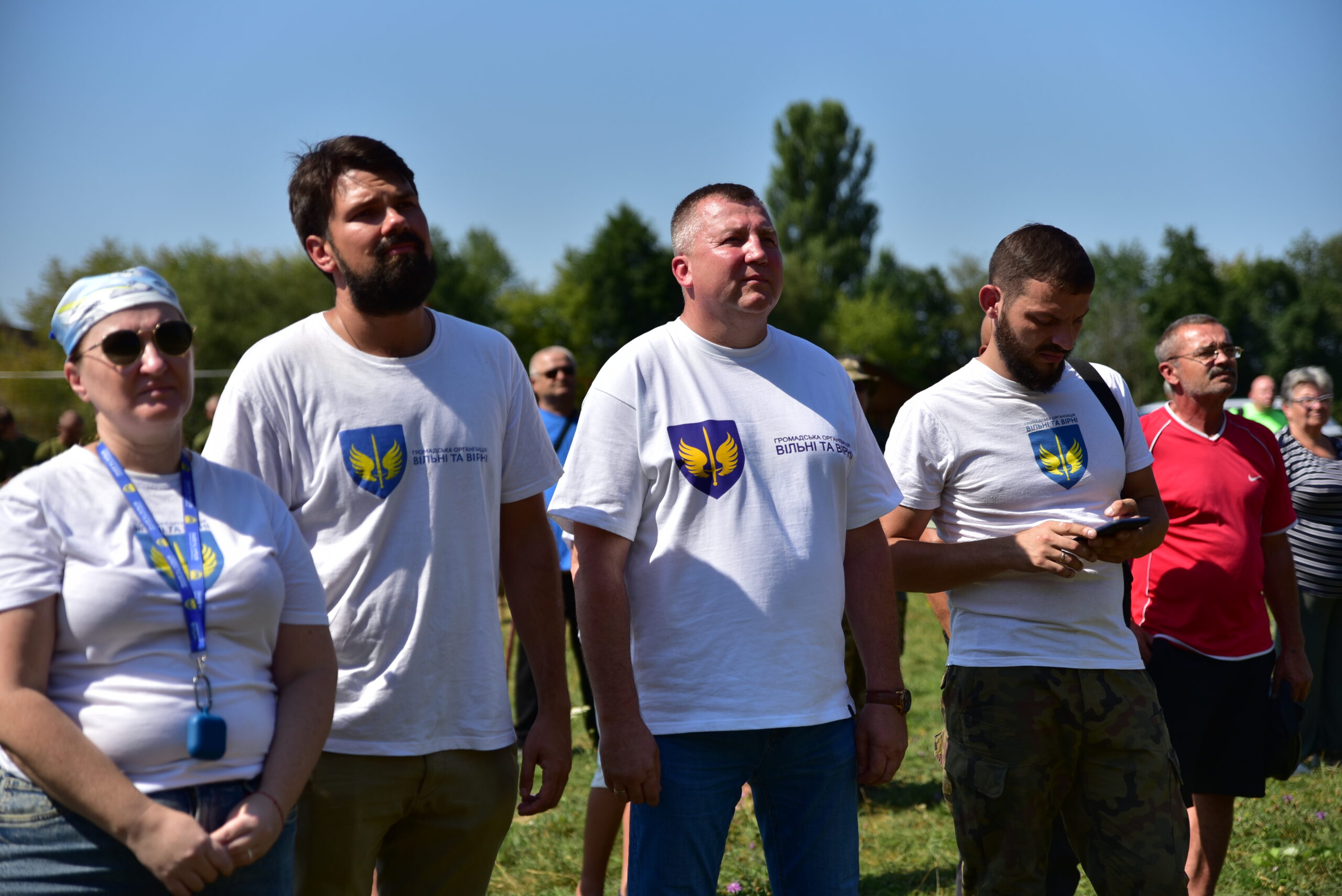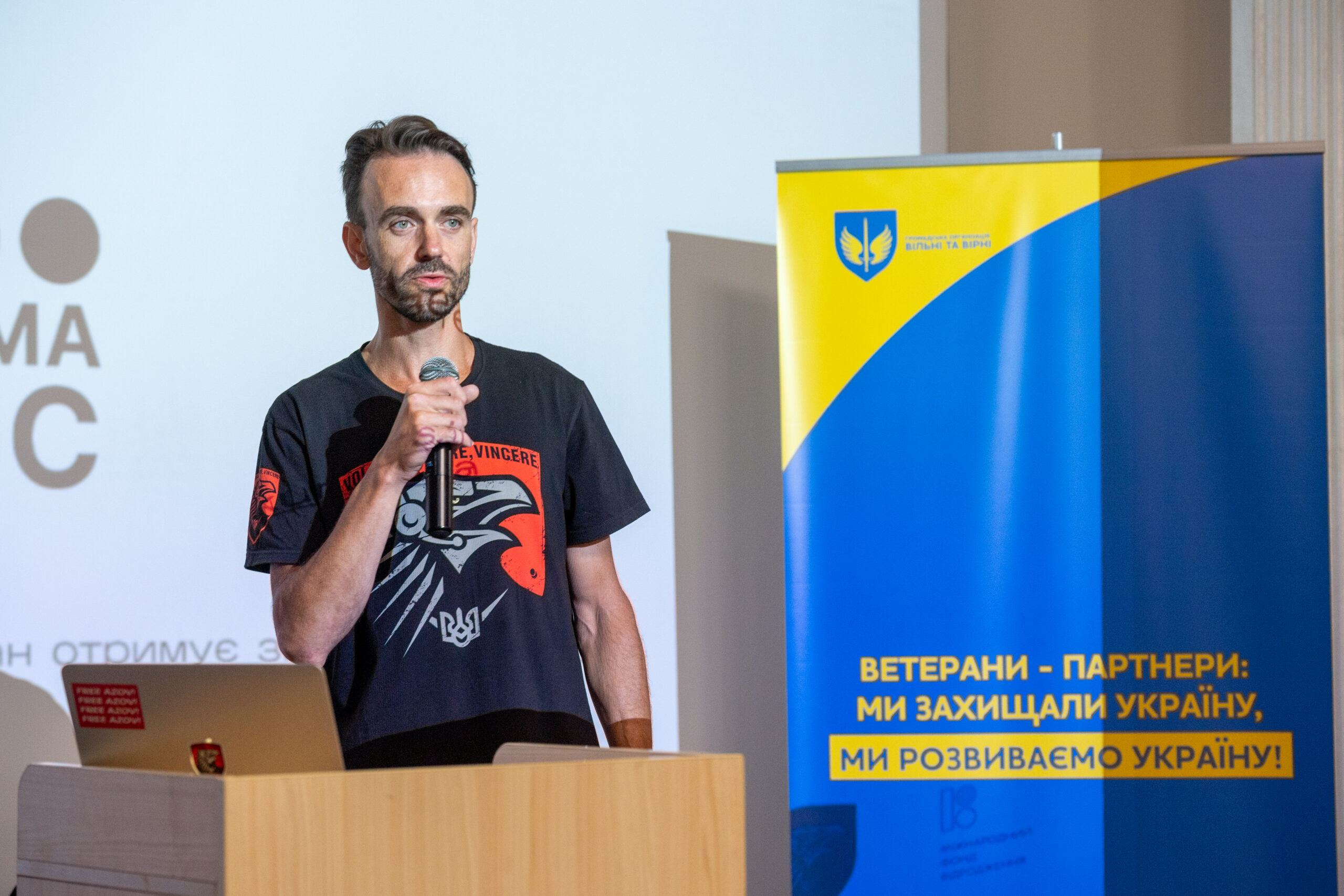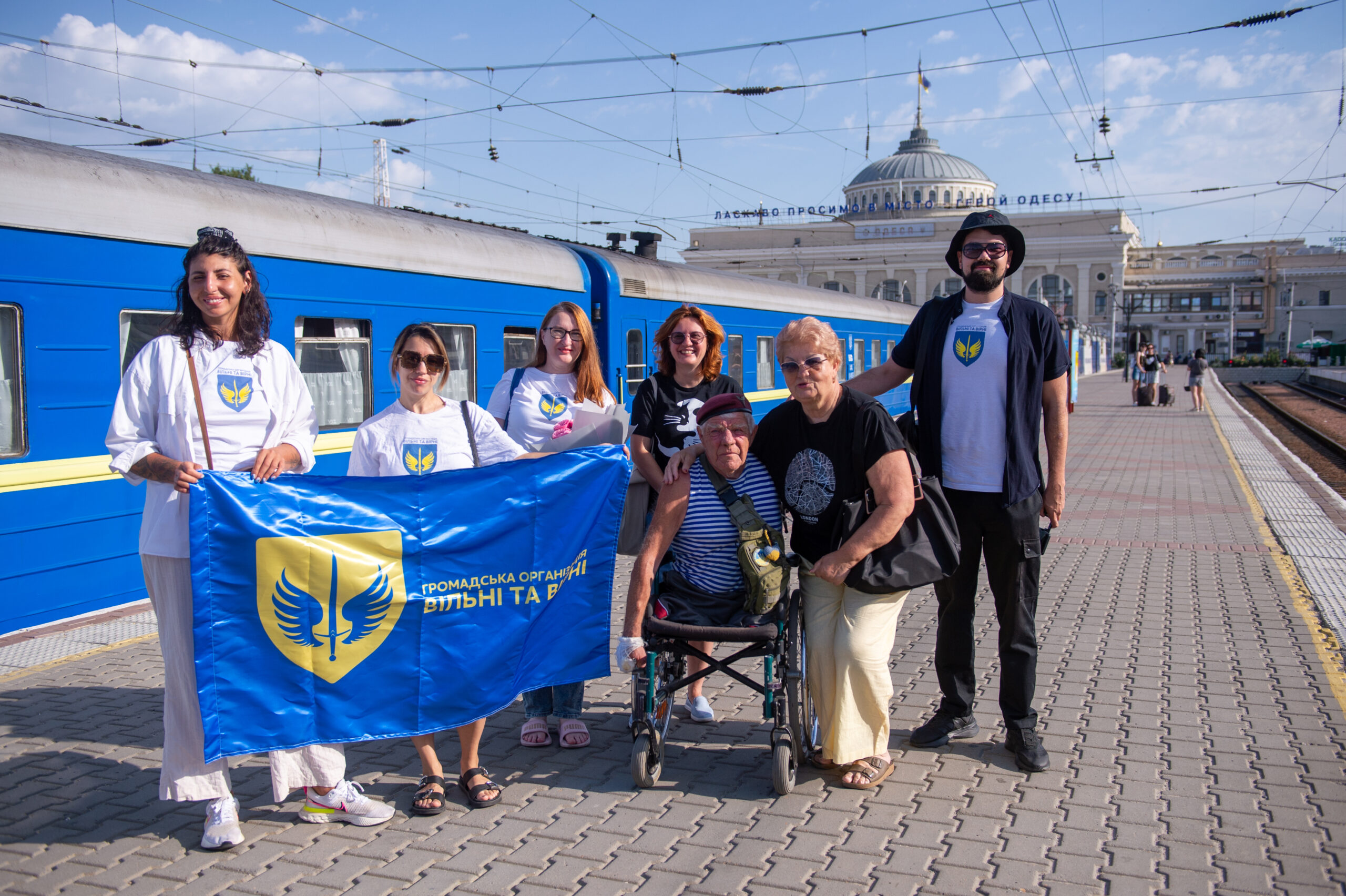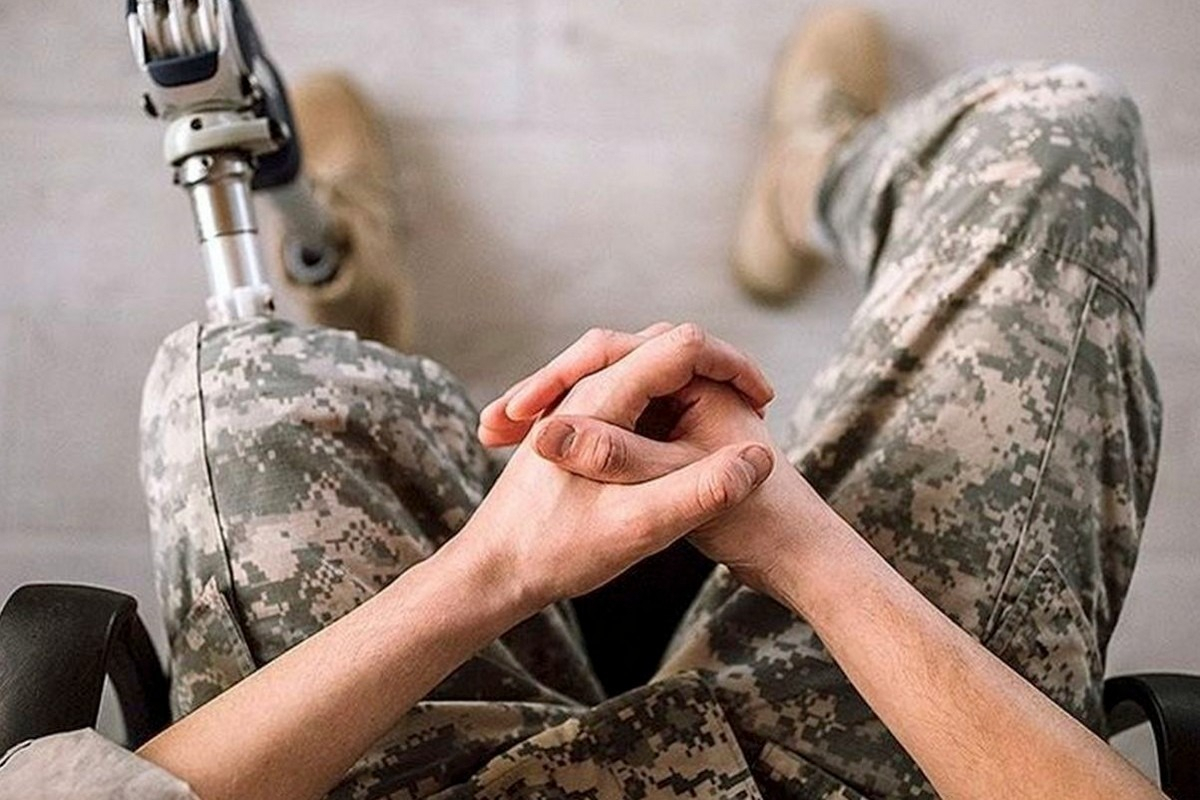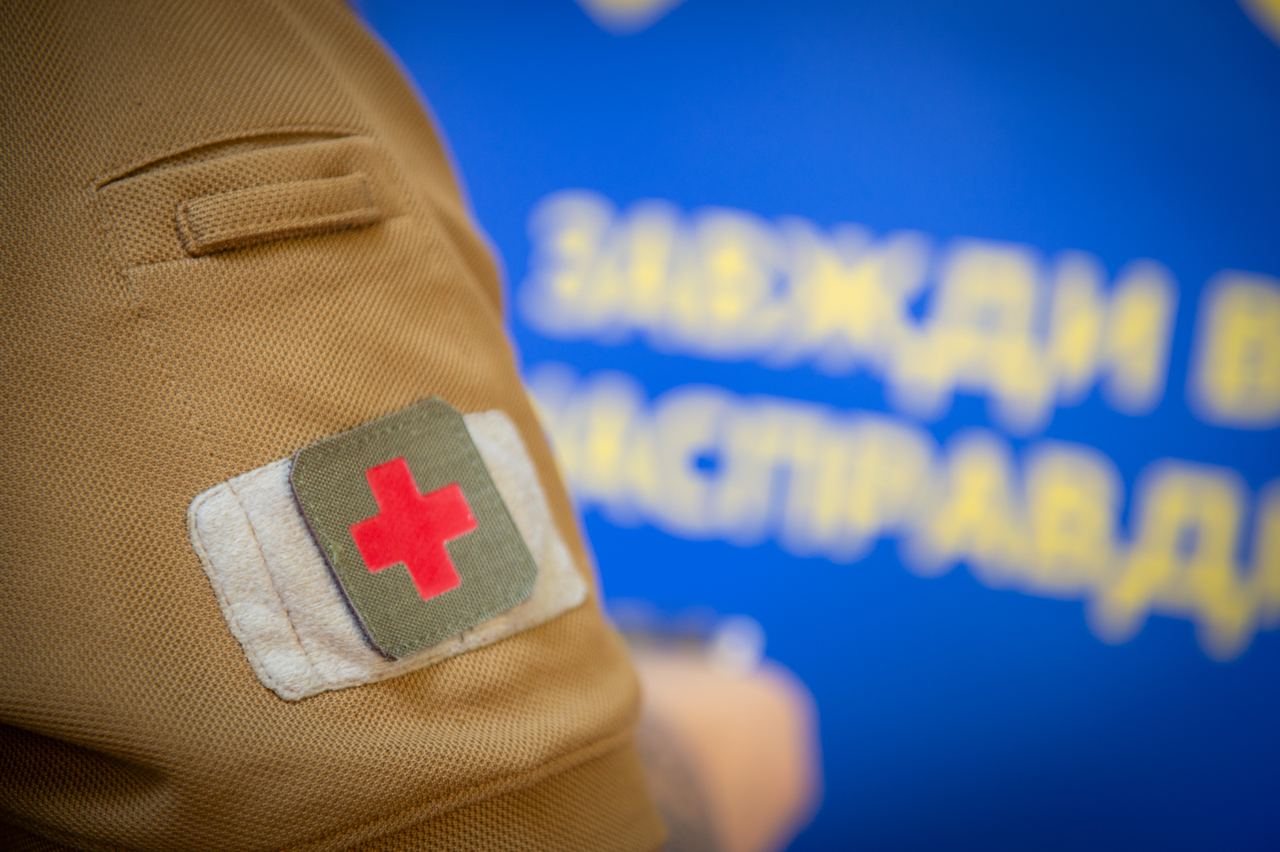Today, there is a lot of talk about modernizing the military-industrial complex, reforming the army to NATO standards, and Ukraine’s new place in the future international security system.
But, unfortunately, not enough attention is paid to strengthening the national intelligence agencies (meaning the institution as a whole, not individual intelligence services).

As a person who worked in this system for some time, I would like to point out that even with the best army on the continent, but a weak intelligence service, we will not be able to adequately use our strategic potential and will always be only a “junior partner” for stronger states. With the end of the hot phase of the war with Russia, the need for a powerful Ukrainian intelligence service will not disappear, but will only grow. This may be our main competitive advantage and security specialization in the coming decades.
But so far we have a whole range of serious problems.
Due to the absence of its own subjectivity and clear guidelines for geopolitical choice, for almost the entire period of Ukraine’s modern history, there was no political demand for high-quality intelligence work and understanding of its role in the system of public administration. Why do we need intelligence, diplomacy, analytics, all sorts of combinations and complex games if we have good personal relations between leaders, especially if they are backed by mutual financial interests?
As a result, we still do not have a culture of interaction between the government and the special services. Gossip from the inner circle of those who make vital political decisions is trusted more than reports from their own intelligence services.
On the other hand, it must also be said frankly that “poisoners of presidential candidates,” “fugitive traitors,” “stealers of state secrets,” “oligarchs’ proteges,” “career generals of enemy special services,” “citizens of the aggressor country,” “destroyers of archives and equipment” – all of these are about former heads of our special services. It is what it is.
The lustration of 2014-2015 allowed us to get rid of old dubious personnel, but, unfortunately, it did not prevent the arrival of new crooks and did not contribute to a real qualitative renewal. The appointment of General Semochko, whose family has passports, property and business in Russia, as the first deputy head of the SVR is worth a single mention! I will tell you separately about the rescue of the foreign intelligence archive from being exported to Russia under Semochko… It is not surprising that romantic patriots and motivated idealists who managed to get into the system after the Revolution of Dignity were very quickly disappointed and almost did not take root in it.
Due to unjustified expectations, official misunderstandings and the inability to make a full-fledged career, the professional level of the leaders has significantly dropped, the initiative has died, and professional abilities and skills have faded into the background. Since the separation of intelligence from the SBU system, no specialist from within has ever been appointed as its head. However, the heads were mostly people from the SBU environment who tried to bring the specifics of counterintelligence to the work of the structure, and sometimes even worse – representatives of the K Department.
At one time, it was a complete shock for me personally to learn that until 2018, the SZR did not take any part in supporting the ATO/JFO at all because there was no corresponding command from the top.
On the eve of Russia’s invasion of Ukraine, the Institute of National Intelligence underwent a major erosion and became dysfunctional. Many of the true intelligence professionals became disillusioned with the service and were forced to seek employment in the special forces of the Armed Forces of Ukraine at the outbreak of the great war, although they could have been of more use in their specialized field of activity.
For a long period of time, the Ukrainian authorities could not understand the true functionality of the SZR, its capabilities and importance for the state. Therefore, since the beginning of the full-scale war, the DIU has become synonymous with the word “intelligence” and has increasingly taken over the functions of the army special forces. The existing systemic problems are invisible while our intelligence officers bravely perform military tasks (sabotage, drone attacks, precision weapons strikes, elimination of mid-level collaborators, cyber attacks, etc.), but this is not the work they can and should be doing.
If we had a state demand for a truly powerful intelligence service, it would have long been on par with the CIA, MI6, and MOSAD, and would have become a real “nightmare” for the Russian military and political elite, and all those Yanukovychs and Co. would have already been rolling their first 10 at home on their bunks or turned into granite bas-reliefs in Moscow cemeteries.
We have all the natural prerequisites to become one of the main actors in the global intelligence game. We have wide geographical borders with Russia, almost common air, airwaves, frequency, digital, linguistic, etc. space, which means unlimited opportunities to hear and see everything that is happening there. We have a large number of both ideological and commercial potential “partners on the ground”. We understand the specifics of designing and operating enemy infrastructure and critical facilities, as well as the behavior and habits of the enemy better than anyone else. Where necessary, we are invisible and ineradicable. In general, Ukrainians are the people with whom Russians should quarrel very last, and preferably never…
What is urgently needed now is a change in the attitude of the political class to the institution of national intelligence and its mastery as an effective tool for planning and implementing Ukraine’s state policy.

